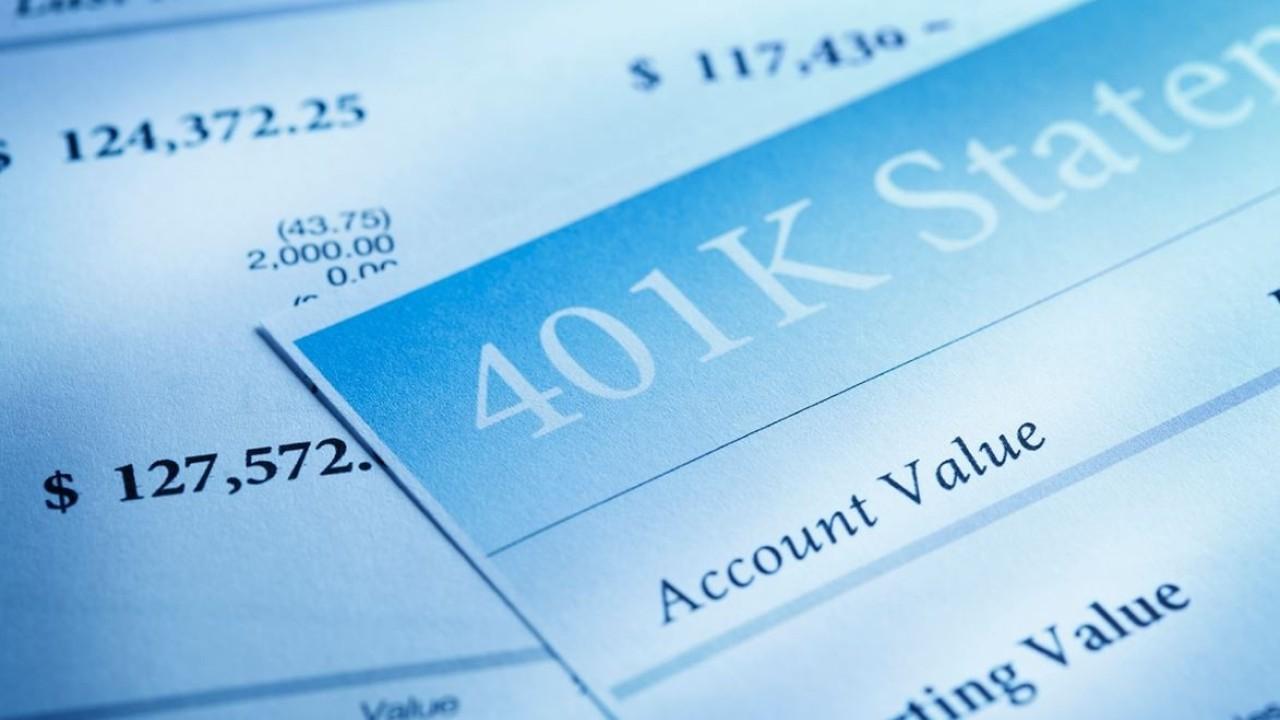401(k) tips if you're changing jobs
At least 55 million Americans have 401(k) accounts
As many Americans work to shore up their retirement savings, what to do with workplace accounts like a 401(k) can be a source of confusion when switching jobs.
A 401(k) account is a tax-advantaged, company-sponsored savings plan, with defined contributions — typically not only made by employees but employers as well. In some cases, employers will match contributions up to a certain percent.
The workplace plans can be important vehicles for saving — and the good news is that you can move your account with you.
If your new workplace also offers a 401(k) plan, you can move the money into an account with your new employer. Many experts say this is a good option if the new employer will also match contributions.
“The new plan may or may not accept it,” Kristian Finfrock, founder of Retirement Income Strategies, told FOX Business. “This option allows consolidation and access to some unique rules offered by plans that IRAs do not have.”
Alano Massi, managing director of Palm Capital Management, told FOX Business that before following through with this option, it is important that the worker takes time to learn about the investments offered and their costs.
WHAT IS A 401(K) PLAN AND HOW DOES IT WORK?
Another option is to roll your savings into an IRA.
Howard Dvorkin, chairman of Debt.com, said this is often an ideal option for those who like having more control over their retirement savings.
“IRAs offer many different types of investments, including stocks, bonds, mutual funds, exchange-traded funds (ETFs), and more,” Dvorkin told FOX Business. “You can spread your money over these assets as you choose, and change your asset allocation as often as you like.”
IRAs also have more relaxed withdrawal rules and lower fees, Dvorkin said.
A favored savings vehicle of many financial experts right now is a Roth IRA, which is an account where contributions are taxed and withdrawals are tax-free. Since tax rates are so low, Massi said it is worthwhile for young professionals in particular to consider converting their 401(k) into a Roth IRA – so long as they can withstand the tax hit.
CLICK HERE TO READ MORE ON FOX BUSINESS
Additionally, an employee can choose to cash out their 401(k), which is typically not recommended by experts since keeping the money in a tax-advantaged account will allow the funds to grow through retirement.
“[Cashing out] will cause taxation and penalties depending on your age,” Finfrock said. “This is my least favorite option and I would suggest avoiding this like the plague.”
The other option is to leave the account with the old employer, which Finfrock said makes little sense.
It is estimated that about 55 million Americans had 401(k) accounts as of 2016. The average account balance among people in their 60s, who had worked for more than 30 years, was more than $287,000, according to the Investment Company Institute.
On the flip side, 53 percent of Americans recently said they do not have an emergency fund that covers at least three months of expenses.




















